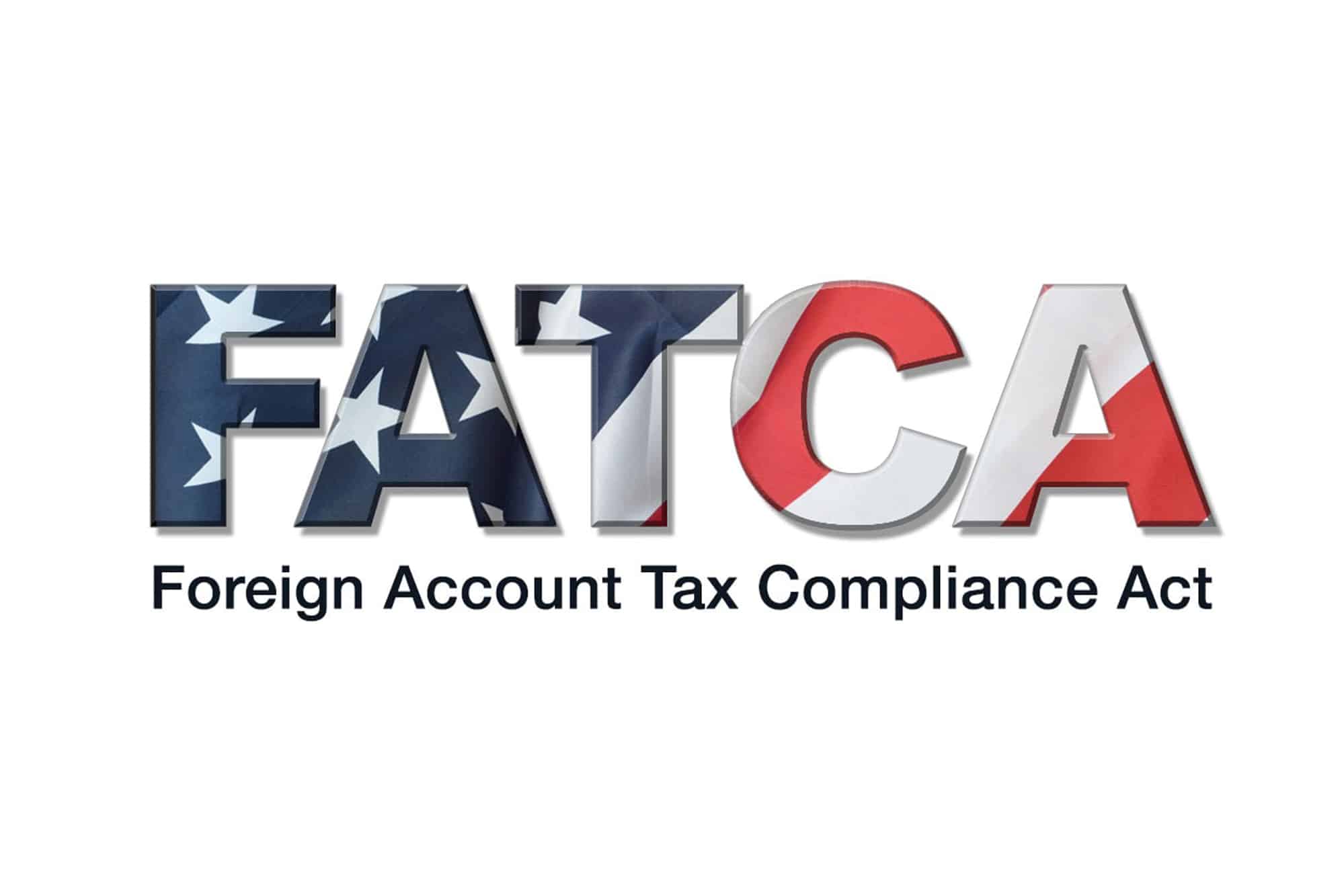Most Foreign Financial Institutions (FFIs) in the Middle East area comply with Foreign Account Tax Compliance Act (“FATCA”) regulations. The Organization for Economic Cooperation and Development (OECD) has launched the Common Reporting Standard (CRS), a worldwide tax transparency project. The CRS, like FATCA, mandates that all participating jurisdictions identify and submit reportable accounts.
What are the FATCA/CRS Regulations in the UAE?
On June 17, 2015, the UAE and the United States of America signed an ‘Intergovernmental Agreement.’ The ratification IGA between the UAE and the United States is as per Federal Law No. 9 of 2016. It offers a mechanism for information exchange between reporting UAE financial institutions and the IRS.
The CRS creation responds to the Organization for Economic Cooperation and Development's appeal to the G20. In October 2014, the UAE signed the Convention on Mutual Administrative Assistance in Tax Matters, and it became virtual in the UAE on January 1, 2017, with an effective date of January 1, 2017.
The OECD Standard specifies the information that must be transmitted, the categories of entities to report, the various form of financial accounts and account holders covered, and the standard scrutiny processes that Financial Institutions ("FIs") must follow.
Are You Compliant With FATCA/CRS Regulations In UAE?
If FFIs, i.e., non-U.S. financial institutions, fail to comply with the FATCA requirements, they will face withholding or regulatory penalties. Fearing such sanctions, which may cost a business its reputation, and commercial losses and put them through fiscal risks in the UAE, most FFIs are FATCA compliant.
For FATCA/CRS compliance, a business must:
- Enter into a FATCA agreement with the IRS directly
or
- Follow the local intergovernmental arrangement.
The CRS, like FATCA, mandates all financial institutions resident in a participating jurisdiction to identify and disclose any reportable accounts (usually individuals tax resident in a CRS participating jurisdiction).
Business in UAE Affected by FATCA/CRS
- The adoption of FATCA will impact retail banking account opening, transaction processing, tax computations, and reporting. However, discovering and evaluating the significant owner details and the 10% ownership portion will require sophisticated data analysis techniques.
- While the impact and requirements for client identification would be similar to those for other FFIs, these participants will require enhanced systems to monitor account transactions in capital markets for potential withholding and reporting.
- Investment banks will need to improve their systems to capture more data for standard report creation under the information-sharing model. They will have a five-year paper document review and account charging for withholding.
- Brokers and dealers should develop future-state operating models and implementation roadmaps and define the functionality of technology systems that must modify for FATCA compliance.
Conclusion
There is pressure on the FFIs to establish robust technological platforms and reporting systems that meet FATCA/CRS standards. FATCA/CRS is one of the most far-reaching tax laws to affect financial institutions globally, and it necessitates collaboration across multiple business lines and countries.
Flyingcolourtax consultants are well-versed in the UAE's FATCA/CRS requirements and can assist financial institutions in remaining in full compliance with the rules.
Book your free consultation with us to know more about the comprehensive services.
To learn more about How do FATCA/CRS Regulations in the UAE Affect your Business?, book a free consultation with one of the Flyingcolour team advisors.
Disclaimer: The information provided in this blog is based on our understanding of current tax laws and regulations. It is intended for general informational purposes only and does not constitute professional tax advice, consultation, or representation. The author and publisher are not responsible for any errors or omissions, or for any actions taken based on the information contained in this blog.
